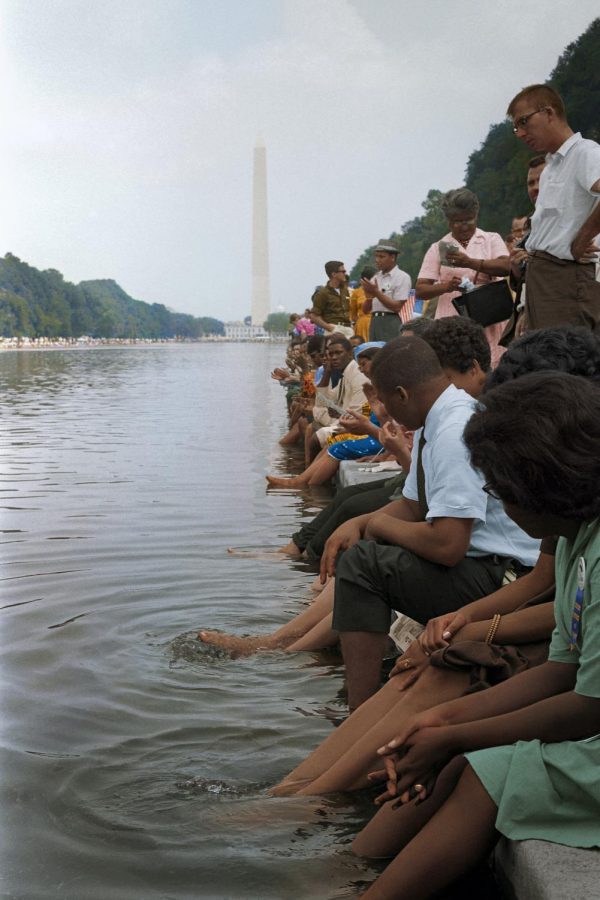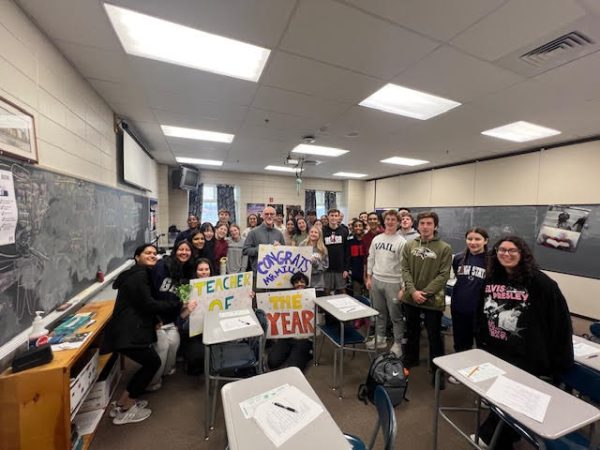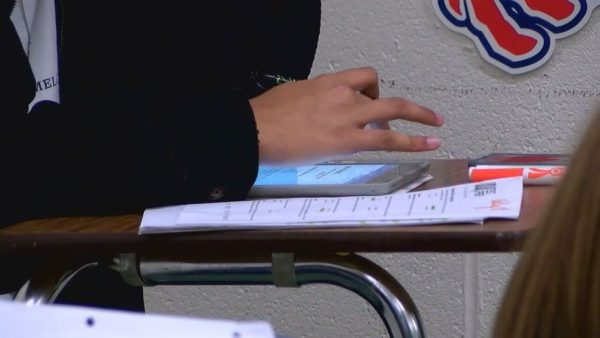HCPSS Curriculum Highlights Black History Month
February, being Black History Month, is a time to recognize and celebrate the contributions of African American leaders, artists, and innovators throughout American History. Howard County is working on making the significance of these contributions known to students.
Ms. Foyles, a MRHS assistant principal, is responsible for much of the African-American related appreciation initiatives in the school.
“There is an expectation from the Office of Diversity and Equity and Inclusion that each school does something to commemorate Black History Month. There is a meeting the month before to plan how it will happen. The expectation is that each school will acknowledge and recognize the month,” Ms. Foyles said.
Black History Month is infused in HCPSS’ learning curriculum. The forefront of this initiative is the social studies curriculum, but according to Ms. Foyles, it’s much more complex and should be integrated broadly across the learning curriculum.
“[Black History] impacts every area of American history, so it should be integrated when we talk about English history, art history, music history. Black authors should be included within the English curriculum. Black people have made contributions to the history of our country and are an integral part of it. Every curriculum in every county should make sure to include Black History.”
Mr. Malt, a MRHS history teacher, commented on what he believes a social studies educator should focus on, especially in regards to informing students about social awareness and equality.
“There are so many important figures in Black History that are a part of and should be included in the American history that we teach. I think that it is necessary to teach the hard history of oppression and institutionalized racism, while also teaching the accomplishments of BIPOC (Black, Indigenous, and People of Color). It is important for teachers to constantly ask themselves, whose voice am I including, and whose voices or examples are being left out. Then they must work to change the latter. In my opinion, educators have the responsibility to be lifelong learners. If this history is new because it wasn’t taught to them, or not a part of their coursework and training, then they have a responsibility to learn it to meet the needs of their students.”
Ms. Foyles made it clear that Black History should be incorporated into all curriculums and all topics in history. “I think that it is important for students to see themselves reflected in the curriculum that is being taught, and not just as the victim. I think that students need to be exposed to multiple cultures, perspectives, opinions, and sources of information. Having knowledge of the experience of others can create empathy.”
Foyles also addresses the social studies curriculum. “A goal of the social studies curriculum is to provide students with the knowledge and the tools to become engaged, informed citizens that can participate in democracy and take civic action. I like to think of a world in which people not only take action for their own self-interest, but are motivated to act on behalf of others…to create a more just and equitable world for people that don’t necessarily look like they do or have the same experiences that they have had.”
Black History Month is particularly important this year, after a resurgence in the national urgency to uphold and expand civil rights. To honor the rigorous efforts of those who worked toward and for civil rights, students in the county need to be aware of Black History Month and what it celebrates.
“Black History Month is extremely important,” Mr. Malt said. “It works to highlight and celebrate the accomplishments of the black community. These celebrations allow the greater community to see that Black History is a part of American history.”
Hello, my name is David Crocetti. I am just entering my first year of Journalism and I'm very excited! I am a freshman at Marriotts Ridge and I hope...







